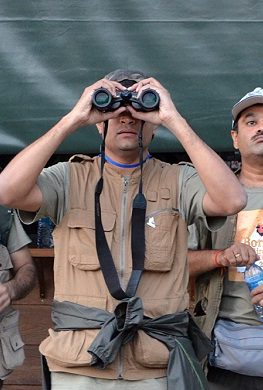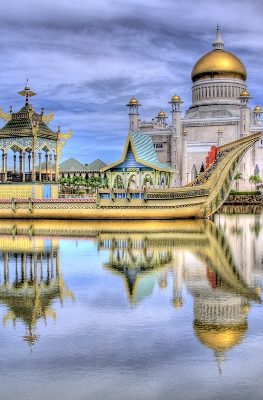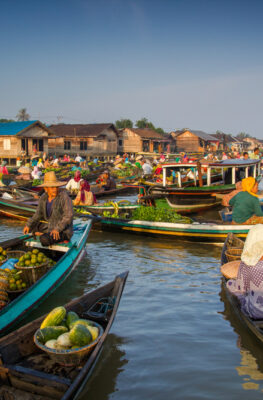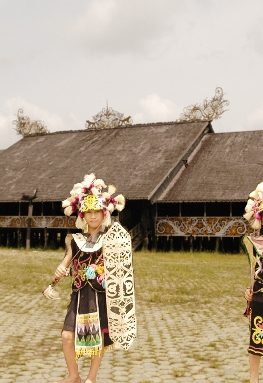Published on April 9, 2014
Wednesday, 9 April was a particularly quiet and peaceful day when over 130 million Indonesians went to cast their votes across the world’s largest archipelago of over 13,000 islands. For, the government has designated general elections day a public holiday.
From Jakarta to Bali, from Banda Aceh to the Baliem Valley in Papua, from Manado to Labuan Bajo, thousands of polling stations were set up across the Indonesian islands, that were open from 07.0am to 1.0 pm local time, at which time voting closed and counting started in earnest at each polling station, witnessed by the community and by appointed political party witnesses.
Many polling stations were elaborately decorated while others were pretty basic, but everywhere polling went smoothly without many hitches, brawls or incident.
One day prior to election day, President Yudhoyono assessed that the implementation of the legislative elections this year is being implemented a great deal better compared to preceding ones during the Democratic Reform movement.since 1999.
Soon after closing time, Quick Count surveys dominated the airwaves, while voters went in droves to malls and restaurants to watch results on Television and mobiles. At the end of the day, with over 98% votes counted, main results were as follows:
Leading was the PDIP, the party led by Megawati Soekarnoputri, daughter of Indonesia’s first president, Soekarno, and herself onetime president. PDIP nominated Joko Widodo, Jakarta’s popular governor, as the party’s presidential nominee.According to Quick count the PDIP party garnered 18% – 19% of votes.
Second came Golkar, led by Abu Rizal Bakri. Golkar was formed by former President Soeharto. Golkar achieved between 14% – 15 % of popular votes.
Third came Gerindra, this is a strongly upcoming party, that received a boost of support when it made Prabowo, its leader and former Commander of the Special Forces Kopassus, as its presidential nominee.
Votes for the ruling party Demokrat under President Yudhoyono, however, dropped by half compared to last elections, to between 9%-10% of popular votes. But still making it the fourth from the top. Having been elected and holding the post of president for the second term, Yudhoyono is out of the running.
Although yesterday’s elections were to vote for political parties and members of national Parliament and Regional lawmakers, it is, nonetheless, closely linked with, and inseparable from the forthcoming presidential elections which is due in July this year. In Indonesia, the President is also the country’s Chief Executive and Head of the Cabinet.
For, according to the Elections Law, only parties that have achieved to garner 20% of seats in national parliament or 25% of popular votes are eligible to nominate a presidential candidate in the forthcoming presidential elections.
Temporary results so far, nonetheless, have shown that none of the parties have reached this threshold, not even the PDIP, since it has achieved at the most 20% of popular votes. This means that coalitions forming will be inevitable. Both at parliamentary as well as presidential and government levels.
Therefore, through these early results, political parties are already busy looking out for partners in coalition to meet elections requirements.
Meanwhile, the International Monetary Fund (IMF) has predicted that Indonesia’s economy will continue to grow bty 5.4% this year, increasing to 5.8% in 2015.
Sources: antaranews, kompas, bisnis Indonesia.






